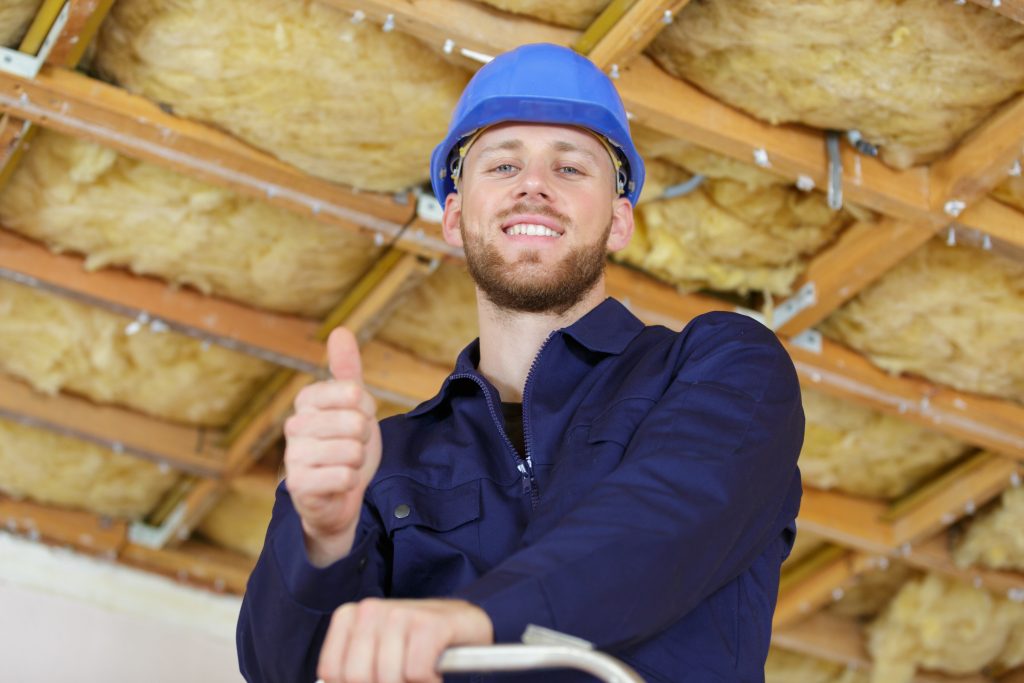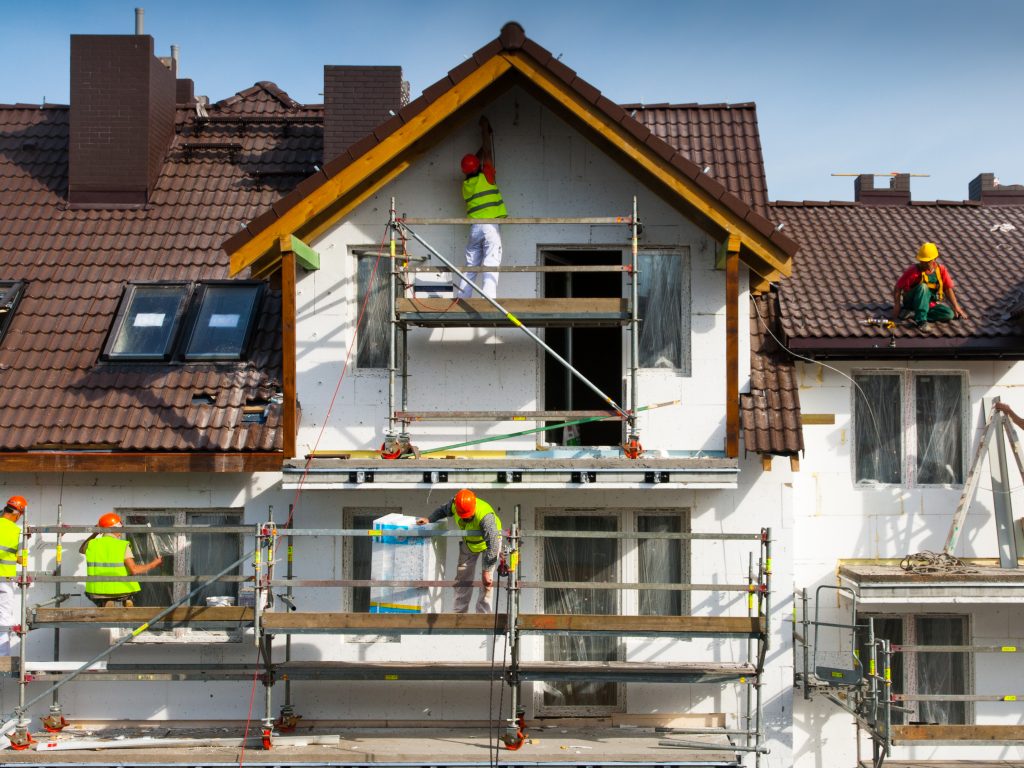When it comes to improving your home’s energy efficiency and comfort, insulation plays a crucial role. As you consider upgrading your home insulation, it’s important to consider the features of batts vs. blown-in insulation and choose the option that’s right for you.
Home insulation plays a key role in reducing your energy bills and creating a more comfortable living environment. In the Midwest, where temperatures can vary dramatically year-round, it’s especially important to choose the insulation and installation methods that meet your needs.
Choosing the right type can be overwhelming, with so many options available. Our insulation specialists at Valley Insulation are here to make the process easier. Let’s explore the key differences and advantages of batts vs. blown-in insulation to help you make an informed decision.
Which Insulation Is Right for Your Home?
Batt Insulation: A Classic Choice
Batt insulation is a traditional insulation material that comes in pre-cut rolls or batts. It’s typically made from fiberglass, rock wool, or cellulose. Batts are often installed between the studs in walls, attic, and crawl space, making it ideal for existing residences and home improvement projects.
Advantages of Batt Insulation
- Easy to install: Batt insulation is relatively easy to install, making it a popular choice for DIYers. Just unroll it, put it in place, and staple the paper to the studs.
- Cost-effective: Batts of insulation are generally more affordable than blown-in insulation.
- Consistent R-value: Batts offer a consistent R-value, which is a measure of insulation’s resistance to heat flow.
Blown-In Insulation: A Versatile Option
Blown-in insulation is a loose-fill product that, as the name implies, is blown into the empty spaces of your walls, attic, or crawl space. It’s available in a variety of materials, including fiberglass, cellulose, and rock wool.
Advantages of Blown-In Insulation
- Highly effective: Blown-in insulation can fill gaps and voids that batt insulation may miss, providing superior insulation.
- Versatile: Blown-in insulation can be used in many areas of your home.
- Energy-efficient: Blown-in insulation can significantly reduce your energy bills and generally (but not always) has a better R-value than batts of insulation.
Check out our blown-in insulation FAQ page to learn more.
How to Choose the Right Home Insulation in 5 Easy Steps
According to the Department of Energy, insulating your home is one of the most cost-effective ways to save energy and money. You can keep your home cooler in the summer and warmer in the winter, reducing the strain on your heating and cooling systems with the right kind of home insulation.
A one-size-fits-all approach doesn’t cut it when selecting the right home insulation. The best option depends on a variety of factors, including your specific needs, budget, and the unique characteristics of your home’s construction.
5 Key Factors to Consider for Your Home Insulation
- Your Home’s Age: Older homes may have different insulation needs than newer ones, as building codes and materials have evolved over time.
- Climate: The climate in your region plays a significant role. If you live in a cold climate, you’ll need thicker insulation to retain heat. Conversely, in warmer climates, you may prioritize insulation that helps keep your home cool.
- Budget: Both batt and blown-in insulation come in a range of price points. Consider your budget and prioritize the areas where insulation will have the most significant impact on energy efficiency.
- Construction Type: The type of construction, such as stick-built, masonry, or modular, can influence the best insulation choices. For example, some types of insulation may be more suitable for wall cavities or open attics.
- Specific Areas: Determine which areas of your home require insulation. This could include the attic, walls, crawl spaces, or even the basement.
Consult a Professional Home Insulation Contractor
Navigating the world of insulation can be overwhelming due to the options and various factors in play. That’s where a professional insulation contractor that Valley Insulation can help. We can conduct a thorough assessment of your home, identify areas that need insulation, and recommend the most suitable type and R-value based on your specific needs and budget.
Here’s Why You Should Talk to the Pros:
- Expert Advice: Contractors have the knowledge and experience to provide tailored recommendations.
- Accurate Assessment: They can identify hidden air leaks and areas that may require additional insulation.
- Quality Installation: Professional installation ensures optimal performance and longevity. Professionals also offer the safe removal and disposal of older insulation.
- Potential Rebates or Tax Credits: In some regions, you may be eligible for government incentives or rebates when you upgrade your home’s insulation.
At Valley Insulation, our customers are consistently thrilled with the quality of our work. Discover why by checking out our testimonials page.
By understanding the factors that influence insulation choice and seeking expert advice, you can make an informed decision and significantly improve the energy efficiency, comfort, and overall value of your home.

Valley Insulation: Your Trusted Home Insulation Experts
Don’t let sky-high energy bills and drafty rooms make you uncomfortable in your own home. The team at Valley Insulation makes it easy and affordable to create a more energy-efficient and cozy living space.
Our experienced professionals are dedicated to providing top-notch insulation installation services. We’re committed to using the highest quality materials and utilizing the latest techniques to deliver amazing results.
We specialize in Nu-Wool Cellulose Insulation for all parts of your home. We’ll show you the difference this recycled insulation can make for you and your family.
Contact Valley Insulation or give us a call at 513-353-4100 today for a free consultation and estimate.


